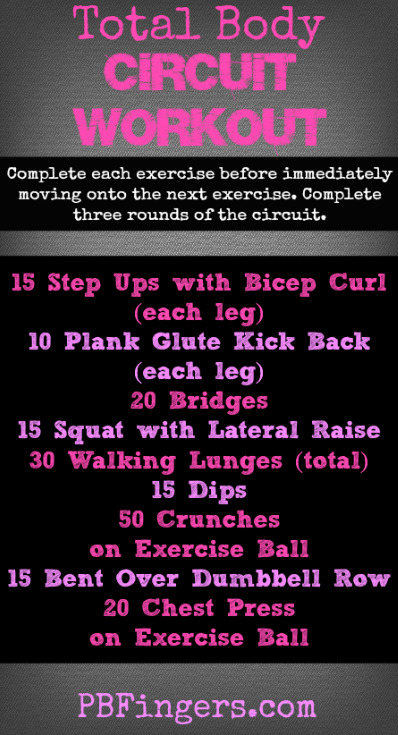While the exact cause of frozen shoulder is not always clear, it can significantly impact daily activities and quality of life. In this comprehensive guide, we’ll explore the causes, symptoms, and treatment options for frozen shoulder, with insights from shoulder specialists in Athens AL, Limestone County, and beyond.

Understanding the Causes of Frozen Shoulder
Frozen shoulders often develop gradually and without a clear cause.
Recognizing the Symptoms of Frozen Shoulder
The symptoms of frozen shoulder typically develop gradually and may worsen over time. Common signs and symptoms include:
Pain: Persistent pain in the shoulder joint, which may worsen at night or with movement.
Stiffness: Limited range of motion in the shoulder joint, making it difficult to perform everyday tasks such as reaching overhead or behind the back.
Loss of Function: Difficulty performing activities that require shoulder movement, such as dressing, combing hair, or reaching for items on high shelves.
Seeking Treatment from a Shoulder Specialist
If you experience persistent shoulder pain or stiffness, it’s essential to seek treatment from a qualified shoulder specialist. Shoulder specialists, such as those in Athens AL and Limestone County, have the expertise and experience to diagnose and treat frozen shoulder effectively. They may perform a physical examination, review your medical history, and order imaging tests such as X-rays or MRI scans to confirm the diagnosis and develop a personalized treatment plan.
Treatment Options for Frozen Shoulder
Treatment for frozen shoulder typically focuses on relieving pain and restoring shoulder mobility. Depending on the severity of the condition, treatment options may include a tailored physical therapy program can help improve shoulder flexibility, strength, and range of motion through targeted exercises and stretches. Over-the-counter pain relievers such as acetaminophen or nonsteroidal anti-inflammatory drugs (NSAIDs) may help alleviate pain and inflammation associated with frozen shoulder. Injections of corticosteroids directly into the shoulder joint can help reduce inflammation and provide temporary pain relief.
Surgical Intervention for Severe Cases
In severe cases of frozen shoulder where conservative treatments fail to provide relief, surgical intervention may be necessary. Surgical procedures for frozen shoulder may include:
Manipulation Under Anesthesia (MUA): A minimally invasive procedure where the shoulder joint is manipulated to break up scar tissue and improve range of motion.
Shoulder Arthroscopy: A surgical procedure in which a small camera and surgical instruments are inserted into the shoulder joint to remove scar tissue and release tight ligaments and tendons.
By understanding the causes, symptoms, and treatment options for frozen shoulder, individuals can take proactive steps to manage their condition effectively and regain shoulder function. If you’re experiencing persistent shoulder pain or stiffness, don’t hesitate to seek guidance from a shoulder specialist near you for personalized evaluation and treatment.








